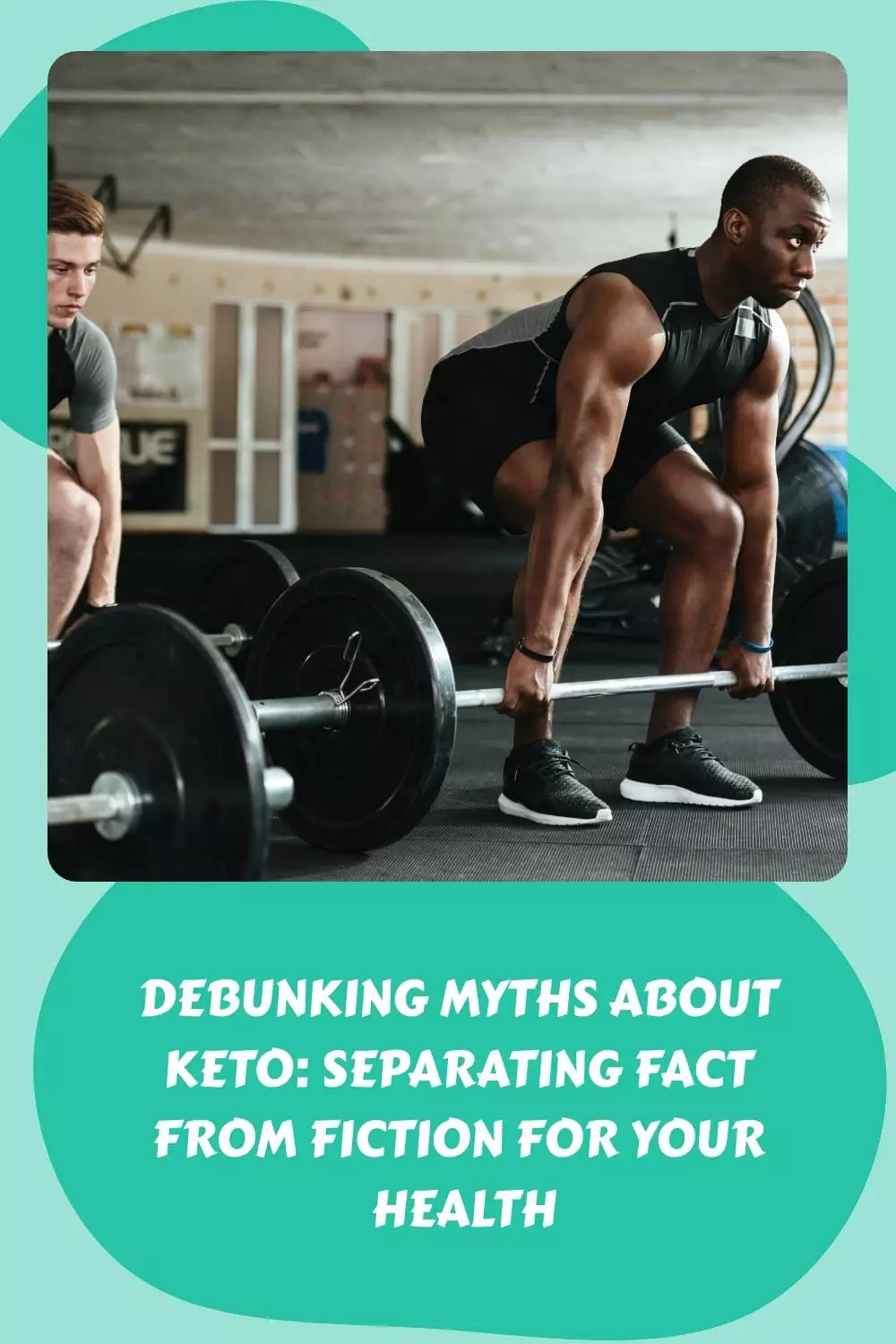
Debunking Myths About Keto: Separating Fact from Fiction for Your Health
Is the ketogenic diet safe? This is a question that has been on many people’s minds lately. With so much conflicting information out there, it can be hard to separate fact from fiction when it comes to this popular low-carb diet. In this article, we will debunk some common myths about the keto diet and help you understand what’s true and what’s not.
Myths About Keto Debunked: Separating Fact from Fiction for Your Health
1. The keto diet causes kidney damage – While it’s true that high levels of protein in your diet can put stress on your kidneys, the keto diet doesn’t necessarily cause kidney damage. As long as you don’t have preexisting kidney issues or consume excessive amounts of protein, you should be fine.
2. You need to eat tons of fat on the keto diet – While the keto diet does require a higher intake of healthy fats like avocado, nuts, and olive oil, you don’t need to overdo it. Eating too much saturated fat can increase inflammation and raise cholesterol levels, which isn’t good for your overall health.
3. It’s impossible to get enough fiber on the keto diet – While the keto diet may limit certain sources of fiber (like grains), there are still plenty of ways to get enough fiber through leafy greens, cruciferous vegetables, and other non-starchy veggies.
4. The keto flu is dangerous – While the keto flu (a period of adjustment where you might feel sluggish and foggy) can be uncomfortable, it’s generally not dangerous. Stay hydrated, rest up, and give yourself time to adapt to the new way of eating.

The Safest Way to Do Keto: Tips for Avoiding Common Side Effects
If you want to do keto safely, here are some tips to follow:
1. Start slow – Gradually reduce carbs over several weeks instead of going cold turkey.
2. Drink water – Dehydration can make symptoms worse, so stay well-hydrated throughout the day.
3. Get enough electrolytes – Low sodium and potassium levels can lead to dizziness and cramping, so make sure you’re getting enough of these important minerals.
4. Don’t go overboard with dairy – Some people are sensitive to dairy products, so if you experience digestion issues, consider reducing your intake.
5. Listen to your body – If you’re feeling run down or experiencing any negative side effects, take a break and reevaluate your approach.
How Long Can You Stay on Keto Without Harming Your Health
While there’s no one-size-fits-all answer to this question, most experts agree that a keto diet shouldn’t be followed indefinitely. Depending on your individual needs and goals, you may benefit from cycling in and out of keto periods or incorporating more carbs into your meal plan after a few months of strict keto. Ultimately, listening to your body and working closely with a qualified healthcare professional is key to ensuring your safety while doing keto.
Conclusion: Why Keto May Not Be Right For Everyone, But It’s Definitely Worth Considering
Despite its potential benefits, the keto diet may not be right for everyone. People with certain medical conditions, such as kidney disease or type 1 diabetes, should consult their doctor before starting keto. Additionally, some people simply prefer a more flexible approach to nutrition that allows them to enjoy a wider variety of foods. That being said, if you’re looking to lose weight, improve blood sugar control, or just feel better overall, the keto diet may definitely be worth considering under the guidance of a knowledgeable practitioner.

